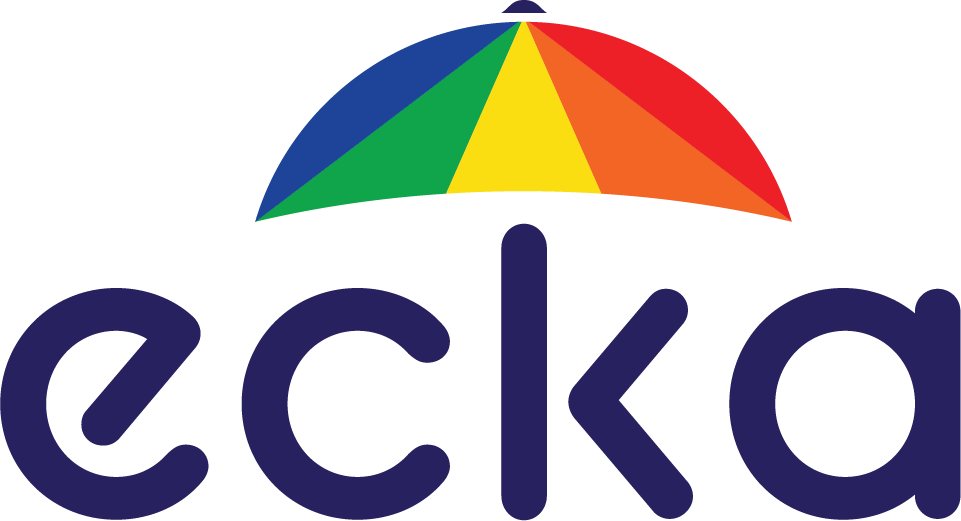A kindergarten program is an early childhood education program planned and delivered by a qualified early childhood teacher. Kindergarten programs are run in children’s centres, child care centres, community kindergartens and in some schools. All ECKA kindergartens/preschools offer a kindergarten program that complies with the state government and display a kindergarten certificate.
The kindergarten program should link into the Victorian Early Years Learning and Development Framework (VEYLDF), which identifies five learning outcomes for all children from birth to eight years. Each learning outcome is targeted to develop the kind of knowledge and skills children need to be confident and happy through their life. The Learning Framework outcomes are that children will:
Outcome 1: Children have a strong sense of identity – Children feel safe, secure and supported.
In order to form a strong sense of self, children need to build secure relationships first within the family and then with caring, attentive adults in other settings.
Outcome 2: Children are connected with and contribute to their world – Children develop a sense of belonging to groups and communities and an understanding of the reciprocal rights and responsibilities necessary for active civic participation.
Over time and with opportunity and support, the ways in which children connect and participate with others increase. Participating in their communities strengthens children’s sense of identity and wellbeing.
Outcome 3: Children have a strong sense of wellbeing – Children become strong in their social, emotional and spiritual wellbeing.
During early childhood, the foundations for social, emotional and spiritual wellbeing are laid.
Outcome 4: Children are confident and involved learners – Children develop dispositions for learning such as curiosity, cooperation, confidence, creativity, commitment, enthusiasm, persistence, imagination and reflexivity
Outcome 5: Children are effective communicators
Children interact verbally and non-verbally with others for a range of purposes.
